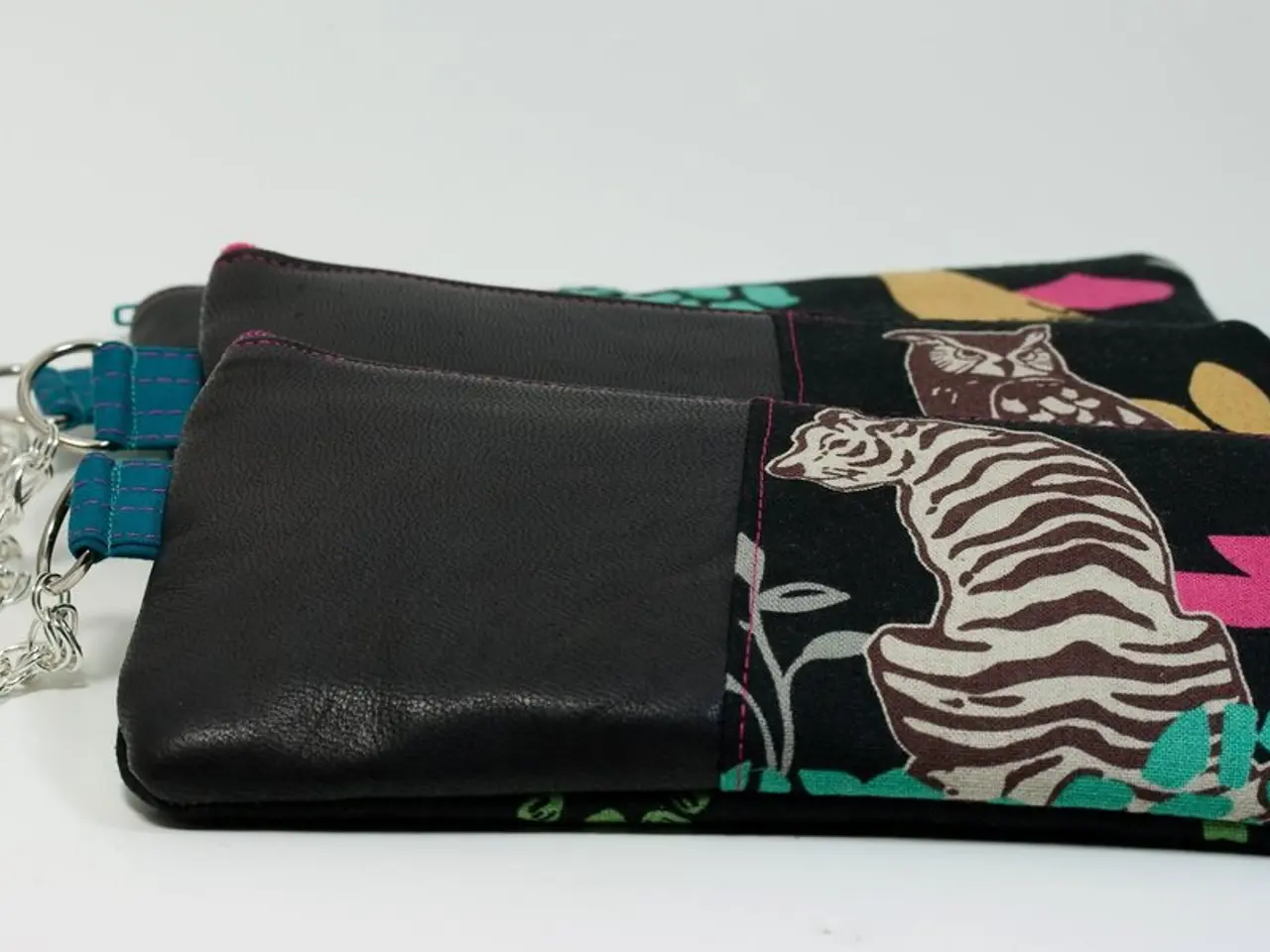Enhance the Security of Your Cryptocurrency Assets!
In the world of cryptocurrency, the security of your Bitcoin wallet is paramount to the safety of your digital assets. Here's a guide to help you protect your Bitcoin wealth from malware and theft.
Firstly, it's essential to research the security aspects and history of a cryptocurrency wallet before investing in it. A Bitcoin wallet is a secured software used to store and send Bitcoin units, with different types such as hot, cold, paper, and custodial wallets. For maximum security, non-custodial wallets are recommended, as they give you full control over your private keys, avoiding reliance on third parties.
To further enhance the security of your Bitcoin wallet, it's crucial to store your private keys or seed phrases offline in multiple secure locations. This practice minimizes the risk of losing your Bitcoin units if your device is compromised. Consider using a hardware (cold) wallet, like Ledger or Trezor, which stores keys offline, away from malware.
Another essential practice is to employ multi-signature wallets for added authorization layers, reducing the risk of theft by eliminating single points of failure. Use strong, unique passwords with two-factor authentication (2FA) for online accounts to add an extra layer of protection. Keep your wallet software updated to patch vulnerabilities.
Be cautious of phishing attempts, verify all sources, and regularly generate new wallet addresses for enhanced privacy and protection. Avoid sharing your wallet addresses publicly, and beware of fake websites or emails aiming to steal your credentials.
In addition, a significant portion of one's cryptocurrency wealth should be stored in a physical or hardware wallet. Over 4 million Bitcoin units have already been lost due to lost private keys, making it clear that securing your crypto assets is essential for profitable results in Bitcoin investments.
At the development level, wallet security also depends on rigorous cryptographic practices, formal verification, and secure user interface design to avoid phishing and errors. However, these practices apply more to wallet creators than users.
In conclusion, combining hardware wallet usage, offline seed phrase storage, strong authentication, software hygiene, and cautious behavior constitutes the best defense against malware and theft threats targeting Bitcoin wallets and crypto assets. Remember, Bitcoin, currently considered the most profitable asset, is subject to theft elements and malware risks. So, always prioritize security to safeguard your digital wealth.
[1] [Source] [2] [Source] [3] [Source] [4] [Source] [5] [Source]
- When considering different cryptocurrency wallets for investing, it's essential to prioritize wallets with strong security aspects and a sound history.
- For maximum profit from Bitcoin investments, it's prudent to store a significant portion of one's Bitcoin wealth in a secure hardware wallet.





